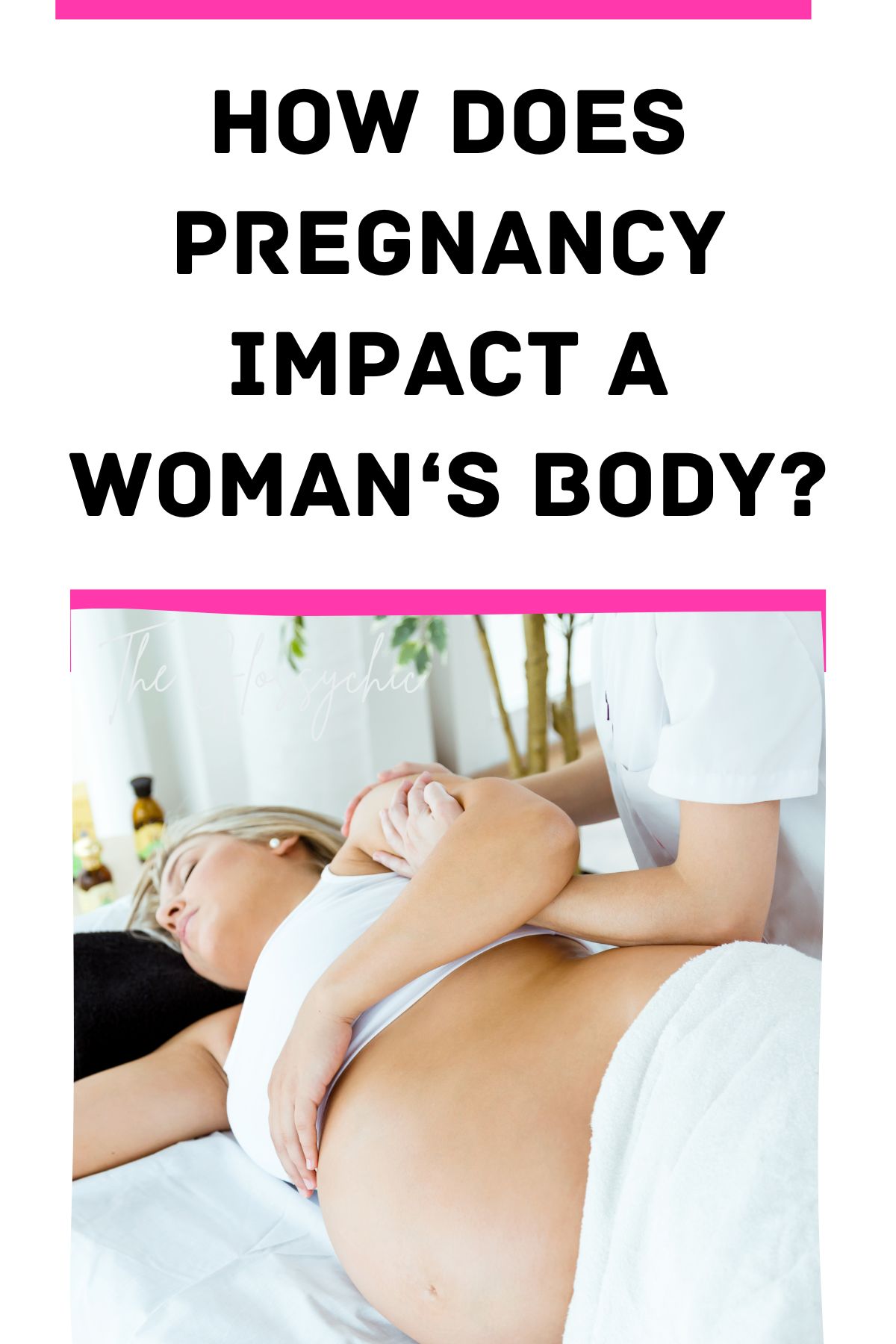Pregnancy is a special period in every woman’s life. This period of life depends on many things: genes, age, preparation, psychological disposition, character, efforts, habits, and knowledge. Women, especially pregnant women, put a lot of effort into feeling good and looking great.
Waiting for a new life, positivity and self-care have a huge impact not only on the emotional but also on the physical condition of a woman. The expectant mother should know that everyone’s body becomes more sensitive at this time because of the changes in hormones and the nervous system.

The brain and its plasticity
During pregnancy, women become more emotional, it is difficult with themselves, and with their loved ones – just like they are with us. Because a woman’s brain needs to prepare to be the best mother. During pregnancy, the brain changes like never before in an adult’s life – the brain’s plasticity is at its greatest.
Early signs of pregnancy
So you’ve missed your period – you take a pregnancy test and find out you’re expecting. The earliest symptoms of pregnancy are different for different women, but in the first month, you may not get one or several common and very early signs of pregnancy.
The very early pregnancy signs include several symptoms. First of all, you may feel episodes of morning sickness. Breasts or nipples may become swollen and tender to the touch. While the body adapts to hormonal changes, fatigue may be experienced. The urge to urinate may increase.
This is a common side effect of increased production of the hormone chorionic gonadotropin (hCG). Food sensitivities may increase. Sometimes just the smell of food can make you sick.
Hair growth and loss
A significant number of women experience intense hair growth and thickening during pregnancy. For others, the opposite may happen. During pregnancy, even normal hair properties can change: curls can stretch out, and blondes can darken. 3-4 months after giving birth, it seems that the hair falls. This is a normal reaction of the body to what happened to you during pregnancy and to those changes that occur after giving birth to a baby.
Breasts
During pregnancy, the breast increases by one or two sizes, especially if you are expecting your first child. The skin on the chest stretches, so it can be itchy. If you gain weight rapidly, stretch marks may appear. Capillaries and veins become clearly visible on the breasts. The nipples darken and enlarge.
The release of milk is caused by the hormone oxytocin, which stimulates milk production. Most often, the release of this hormone is triggered by a nursing baby, but oxytocin can also be released by other stimuli – for example, looking at a picture of your baby or hearing a baby (not necessarily your own) cry.
Related Posts
Gestational diabetes
Gestational diabetes occurs when a pregnant woman’s blood sugar is too high and the pancreas is unable to produce enough insulin. It usually disappears after childbirth.
Skin
The facial skin of expectant mothers often becomes smoother, clearer, and softer. But for natural reasons, the skin of a woman’s breasts and abdomen is the most vulnerable during pregnancy. It is in these places that the epithelial tissues stretch the most, which leads to the formation of stretch marks.
Posture
During pregnancy, the center of gravity shifts forward, resulting in a change in posture. As a result, back pains appear, which may continue for some time even after childbirth.
Weight
Weight gain during pregnancy is a unique process, as weight increases in a short period of time, and most of it is lost by the woman immediately after delivery (baby weight, water, and placenta). The pregnant woman’s weight increases due to the growing fetus, amniotic fluid, placenta, and increasing volume of the woman’s blood plasma, breast, and uterine tissue.
During pregnancy, the uterus grows exponentially. In fact, it grows up to times larger during pregnancy. The greatest weight gain is observed in the second-third trimester. And later weight loss depends on whether you will breastfeed the baby, and have a healthy lifestyle, and diet.
The increased amount of fluids in the body
During pregnancy, a woman’s body produces 50 percent more fluids to meet the needs of the growing fetus. A woman may experience swelling in her hands, face, ankles, and feet.
The bottom line
It’s no secret that pregnancy changes a woman’s body. When a woman carries a baby, her body has to go through a lot of changes and adjustments to make the whole nine months go smoothly. What’s happening? A woman’s organs shift slightly to make room for the baby, but there are many other subtle changes that aren’t obvious at first glance. It will not be easy. Remember that your body is your baby’s first home, so try to be positive about any changes you notice and feel.




